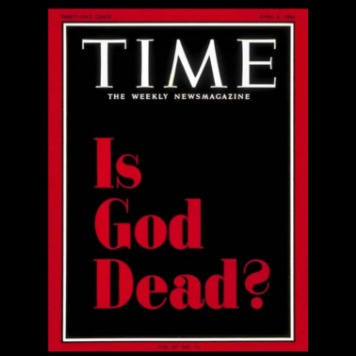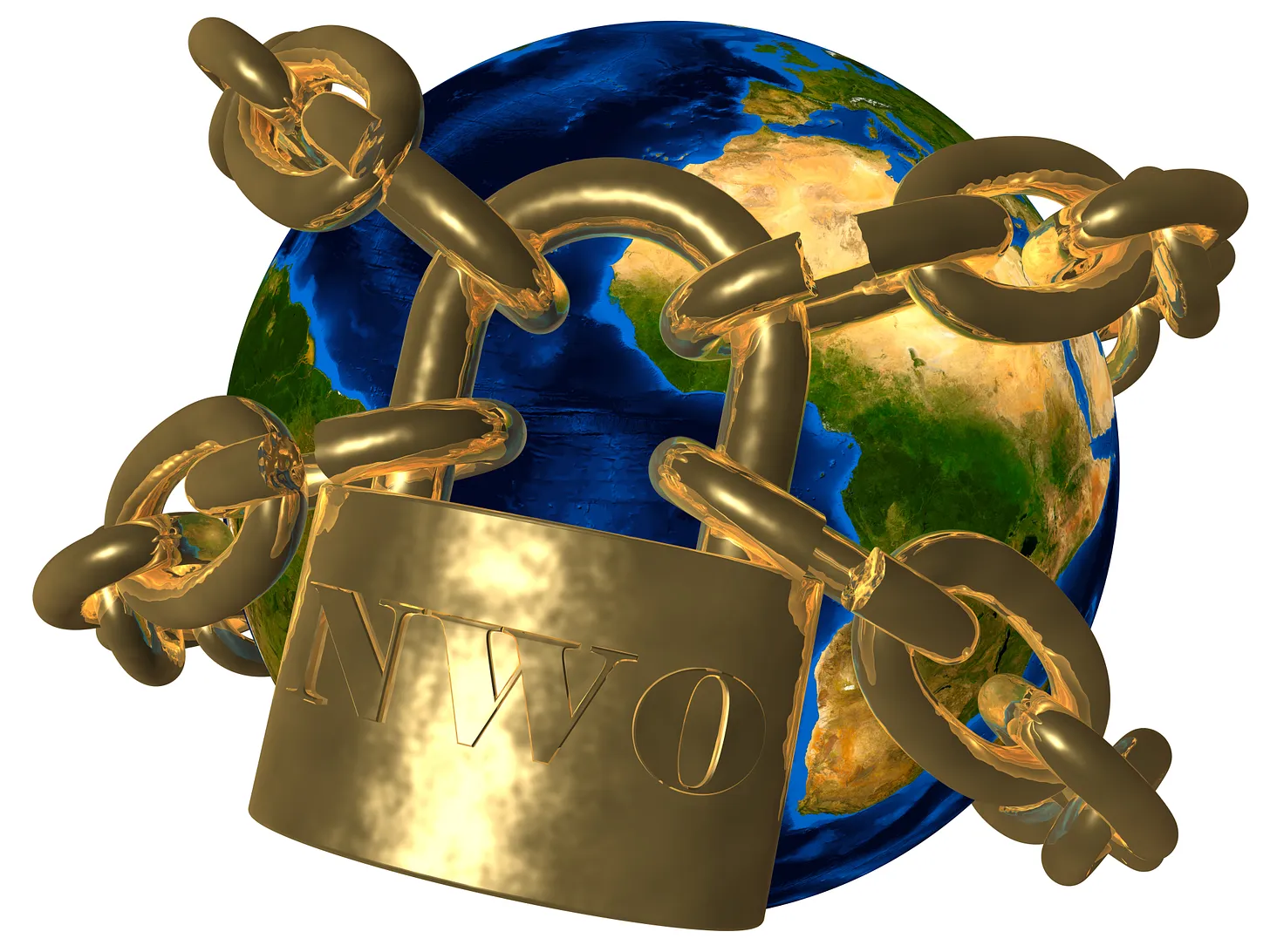The 2nd Century Roman Poet Decimus Junius Juvenalis authored this phrase: “a rare bird in the lands and very much like a black swan.” When he coined it, black swans were presumed not to exist. For the next 1,500 years, people in the known world believed that there was no such thing as a black swan, simply because no one had ever seen one.
When the Dutch explorer Willem de Vlamingh encountered swans with dark plumage in Australia in 1697, the “black swan” metaphor evolved to this idea: “The reality is that just because something has not been seen or has not happened does not mean that it cannot appear or cannot occur in the future.”
“Black swan” became a metaphor with importance in that it was an analogy to the fragility of such an absolutist system of thought. If one were found, the long-held belief that all swans could only be white would be proven false.
Then emerged the concept of a “Black Swan Event”: this described an event that comes as a complete surprise to people, has a major effect on civilization and is then rationalized by intellectuals, religionists, scientists and other “experts” who create a narrative to deal with the event and prevention of such future events.
The “Theory of the Black Swan,” as it has come to be known, was developed by Nassim Nicholas Taleb (a mathematical statistician, risk analyst and Wall Street trader of funds and derivatives). He wrote a book entitled Fooled by Randomness in 2001 and then followed up with another, The Black Swan, the Impact of the Highly Improbable in 2007.
In his first book, Taleb writes:
“Two tendencies cause humans to be particularly susceptible to black swan events. The first is creating narratives based on what is known of the past, and the second is the notion that the past is a reliable predictor of the future.”
To his point on narratives, he concludes:
“Humans tend to search for evidence based on already-formed beliefs, a fallacy called ‘confirmation bias.’ This can lead to an inaccurate assessment of risks involved in what humans do, leaving the door open for a potential black swan event.”
In his second book, he states the following:
“Our inability to predict in environments subjected to the Black Swan, coupled with a general lack of the awareness of this state of affairs, means that certain professionals, while believing they are experts, are in fact not. Based on their empirical record, they do not know more about their subject matter than the general population, but they are much better at narrating – or worse, at smoking you with complicated mathematical models…”
He gives examples of black swan events: the dissolution of the U.S.S.R., the rise of the Internet, the Dot-Com Bubble in Y2K, the Financial Crisis of 2008, the 9/11 attacks on the World Trade Centre and Pentagon. Remember this book was written in 2007 and expanded in 2010, but consider what happened in the world after that:
- the Arab Spring
- the rise of ISIS
- Brexit
- Wokeism
- Ukraine
- COVID-19
…all “Black Swans,” that have been quite surprising to most, affected so many people regionally and internationally, and produced so many narratives that we can scarcely understand the truth of any of these unpredicted phenomena.
With respect to our recent experience with the COVID Pandemic, Taleb’s assertions that the experts among us are “much better at narrating,” and “smoking you with complicated mathematical models,” would appear to have exact application to what happened in 2020 and 2021.
How many of the experts, who never saw the pandemic coming, suddenly offered narratives that inaccurately depicted the origin and nature of the virus, how it spread, preventative measures and inoculations? How many complicated mathematical models were given that only served to confuse the world’s populations? I closely followed Johns Hopkins University’s graphs and charts and read The Economist’s weekly updates on estimated fatalities and excess deaths, among other statistics.
Here is one last statement from Taleb in his 2010 post script to the 2007 book, The Black Swan…, that I thought was insightful:
“So, The Black Swan is about human error in some domains, swelled by a long tradition of scientism and a plethora of information that fuels confidence without increasing knowledge. It covers the expert problem – harm caused by reliance on scientific-looking charlatans, with or without equations, or regular non-charlatanic scientists with a bit more confidence about their methods than the evidence warrants.”
And that about sums up recorded millennia of our turbulent history on planet earth: human error based on a tradition of observing circumstances, supplemented by large amounts of information to form faulty assumptions that lead to disaster after disaster.
Many have taken Taleb’s thesis and run with it: not in learning to avoid compiling large volumes of information and forming faulty assumptions, but to try to predict the next Black Swan event. Governments, Financial Institutions, Business Consultants and Higher Education offer scads of advice on how avoid the next Black Swan or how to protect against it.
Despite the defined nature of a “Black Swan” being an unpredictable or surprise occurrence, some still postulate various scenarios for the immediate future. These include:
- A widening war in East-Central Europe with tactical nuclear weapons being utilized that could start a 3rd World War that would annihilate the planet and eradicate humanity.
- Artificial [General] Intelligence (AGI) development moving beyond generative pre-trained transformers that are designed to work for us to Artificial Super Intelligence (ASI) that creates knowledge and makes decisions that may work against us.
- Natural disasters caused by forces beyond our planet (asteroids, coronal mass ejections, even aliens) or that are caused by forces within or on the earth (seismic and volcanic activity, extreme climate change, another pandemic).
Of course, if we survive another such Black Swan, the “experts” will rationalize the event in hindsight and then theorize how to predict, prevent and protect against the next one.
We will be encouraged to swear by the science once again, or to understand the algorithms, or blindly accept the information we are given. Great promises of deliverance will be made by the experts.
Never will we be guided to consider that a Higher Power oversees human affairs on earth and that physical science, algorithms and information are rendered meaningless against the Divine Plan laid out at our beginning.
The J.B. Phillips translation of Hebrews 6:16-19 in the Bible states the following:
“Among men it is customary to swear by something greater than themselves, and if a statement is confirmed by an oath, that is the end of all quibbling.
“So, in this matter, God, wishing to show the heirs of His promise even more clearly that His plan was unchangeable, confirmed it with an oath.
“So that by two utterly immutable things, the word of God and the oath of God, who cannot lie, we who are refugees of this dying world might have a powerful source of strength, and might grasp the hope that He holds out to us…”
God’s plan is unchangeable and outlined in the Bible. There is no need to predict the unpredictable or be concerned about possible impact on our lives. Hindsight of all that occurs in the future will show that everything had transpired according to the Divine Plan.



